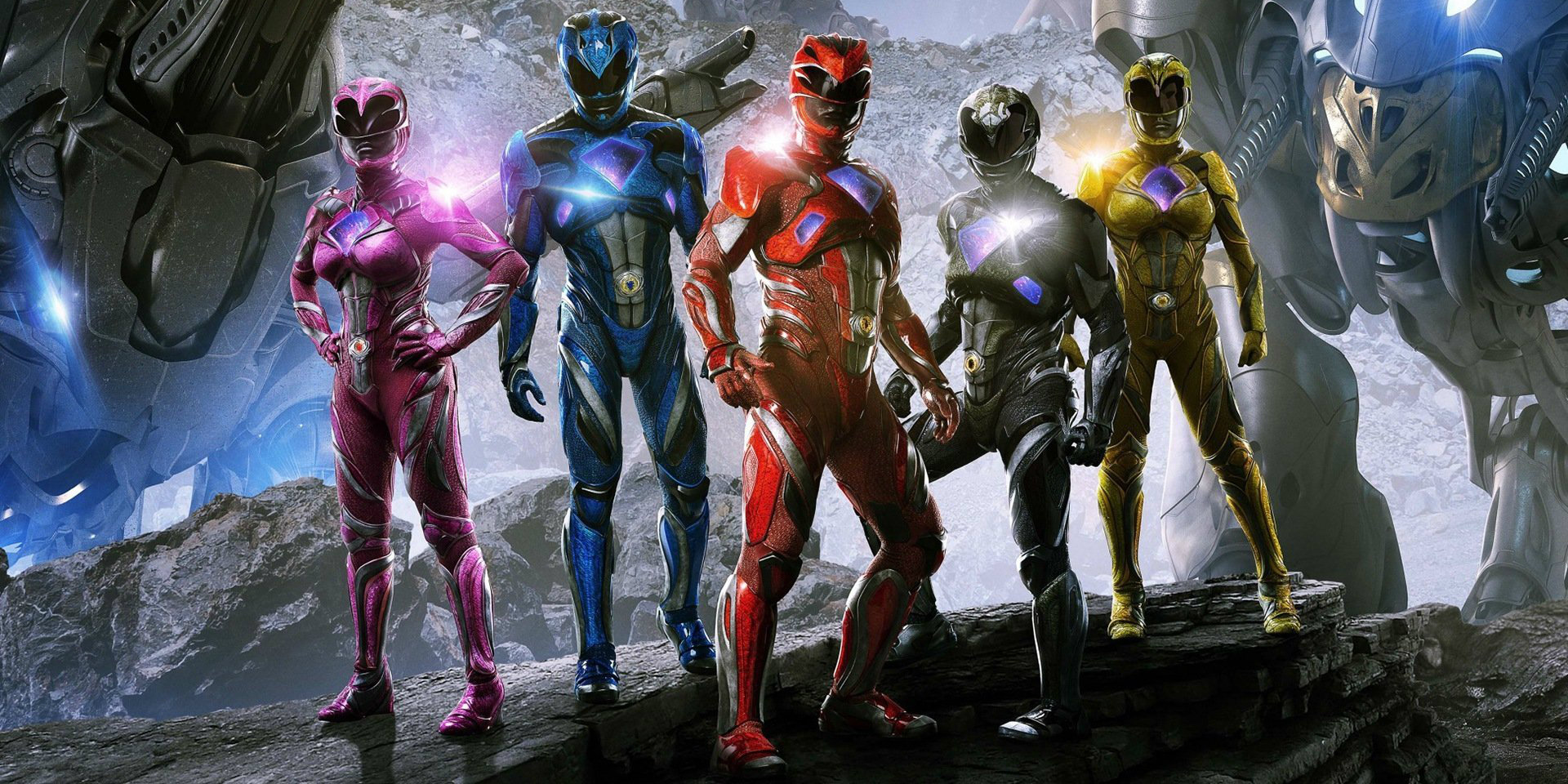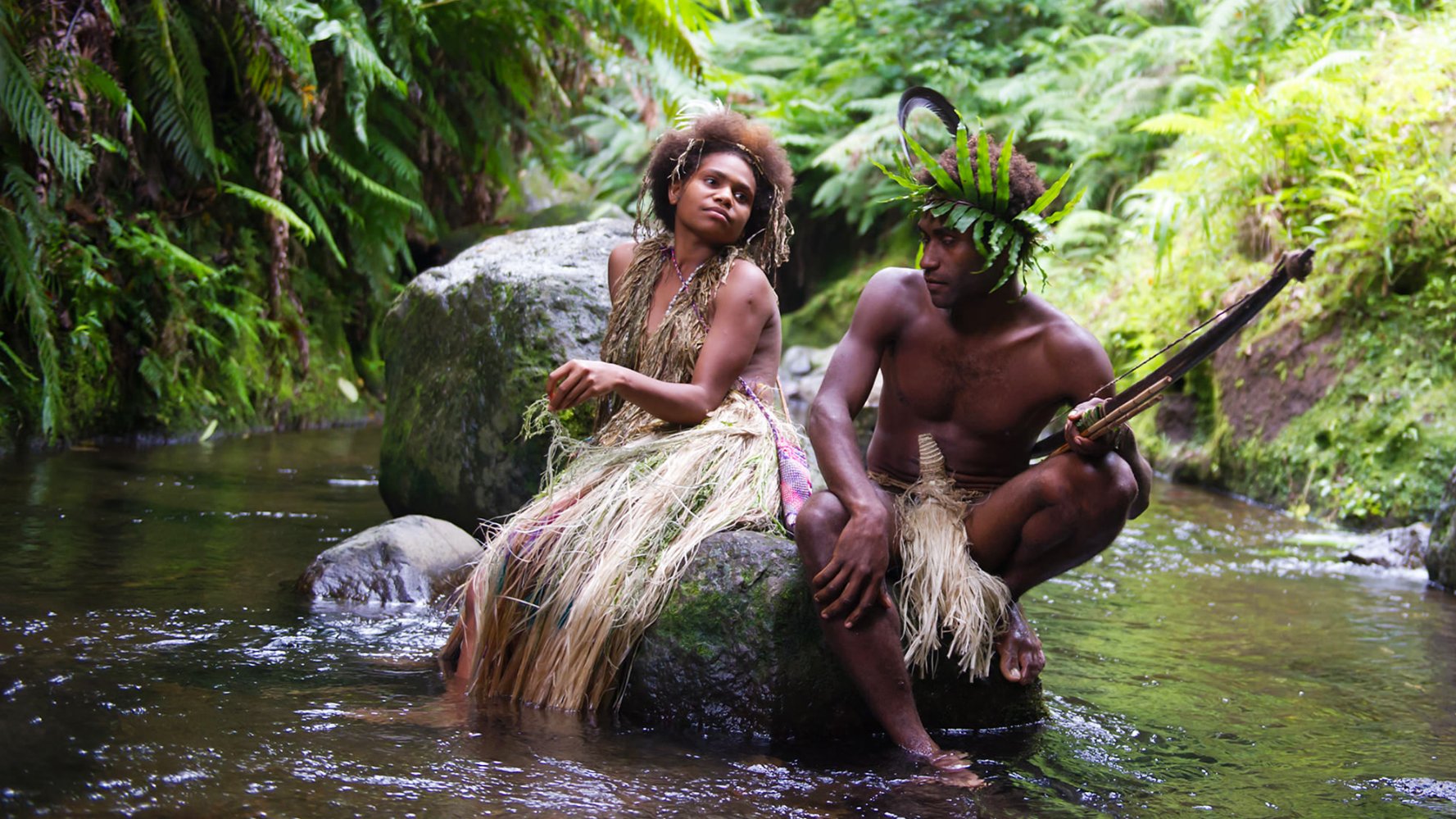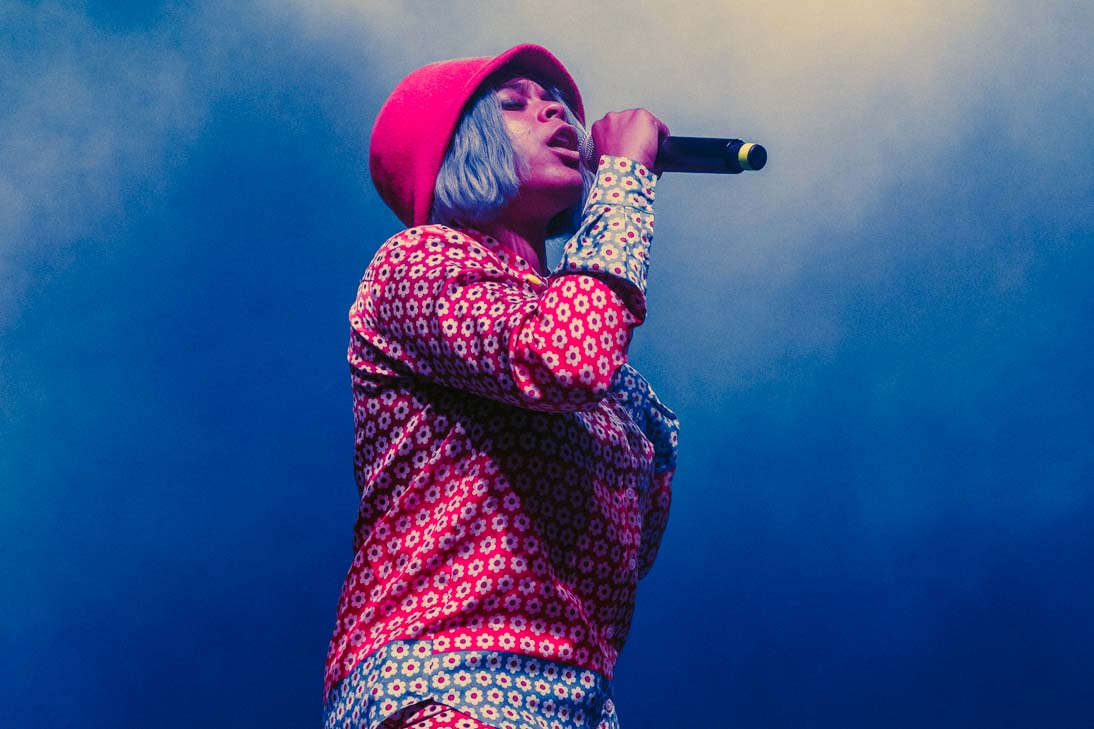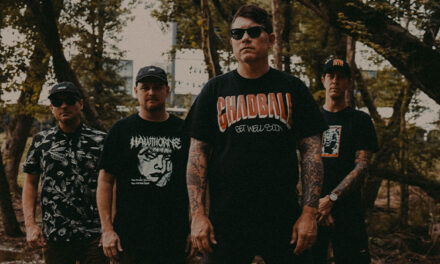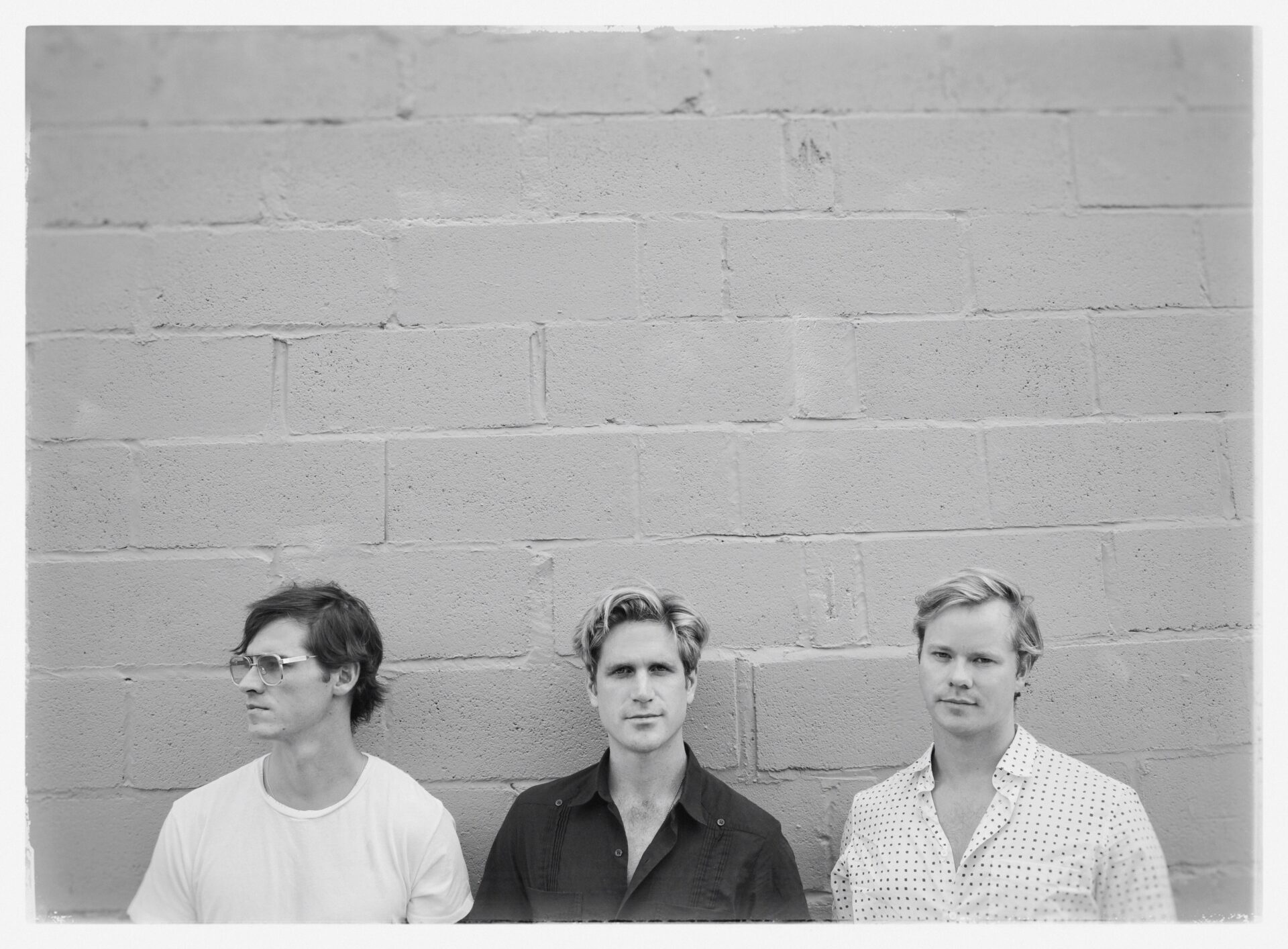Though I grew up on Mighty Morphin Power Rangers, to call me a modern day fan with any sort of nostalgic stake in the franchise would be disingenuous. I appreciate the light-hearted, self-aware goofiness of the original series, and my understanding is that in the past 24 seasons the show has continued to be just as fun, even if the storylines failed to hold my interest as the years wore on. So revisiting the franchise is an odd bit of communing with my own inner child, and quite frankly, I’m not sure how the younger me would have felt about this new version. Power Rangers, a reboot of the original Mighty Morphin seasons, is an odd homunculus of contrasting tones and storytelling goals, so it at once feels loyal to the sensibilities of its source material (which is itself an adaptation of the Japanese series Super Sentai) and a complete blasphemy for the sake of making a distinctive stamp on the franchise, and it shifts suddenly between the two depending on the scene.
If you’re unfamiliar with Power Rangers, it is about a group of five teenagers—here reimagined as juvenile delinquents—who discover an alien creature named Zordon (in this iteration portrayed by Bryan Cranston as a bit more curmudgeony than I remember) who imbues them with the power to morph into masked superheroes in order to repel the forces of the evil Rita Repulsa (Elizabeth Banks, gleefully picking scenery from her teeth) as they try to destroy their hometown of Angel Grove. In this reboot, the idea is that the rangers are unable to access their abilities until they learn to function as a team and abandon their selfishness and adolescent egos, which acts as a nice pairing for when the five literally merge their giant fighting robots into a giant one for the climactic finale.
When the film is fully embracing just how silly its central premise is, it excels by making self-referential winks to the audience and being a goofy high-budget romp. The characters are somewhat shallow caricatures, each embodying only one or two personality traits, but their team dynamic functions well enough and it’s nice to see that the focus of the film is on growth through mutual acceptance of each other’s differences and eccentricities. It’s also worth noting that the film makes a worthy attempt to casually include an autistic character and a queer character among the crew, though the introduction of this information is clunky even as the screenplay tries to point out their social ostracism is due to factors beyond their control.
But as much fun as the interpersonal dynamics and eventual kung fu and giant robot fighting can be, the film also contains some rather dramatic and jarring shifts in tone that feel like the gritty reboot that no one was asking for. Each of the teens has some tragic backstory that is meant to flesh their personalities out, but instead only serve as distractions from the central team-building narrative. And as much fun as Banks seems to be having, most scenes involving Rita are unnecessarily dark and violent, seeming to belong more to a horror film than an adaptation of a property developed for children. The film shifts between its comic levity and grimdark brooding from scene to scene, so it never quite settles into a cohesive whole, which does disservice to certain plot points that really only make sense in retrospect due to the sloppy editing.
Adult fans of Power Rangers are likely to get more from the experience from non-fans and children, which feels strange but not at all surprising given the popular trend of appealing to nostalgia in blockbuster filmmaking. I wouldn’t go so far as to say this is a good movie, but there is enough good in it to make the experience worth the price of admission if you already have an emotional investment in the franchise. Otherwise, Power Rangers just doesn’t quite have enough of a grasp on what it wants to be or who it wants to appeal to in order to recommend to the casual audience.

